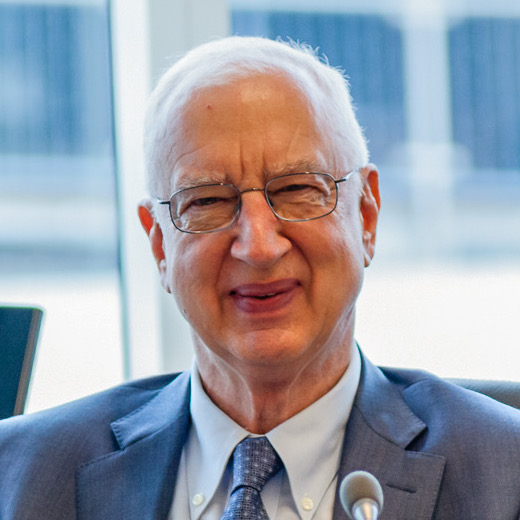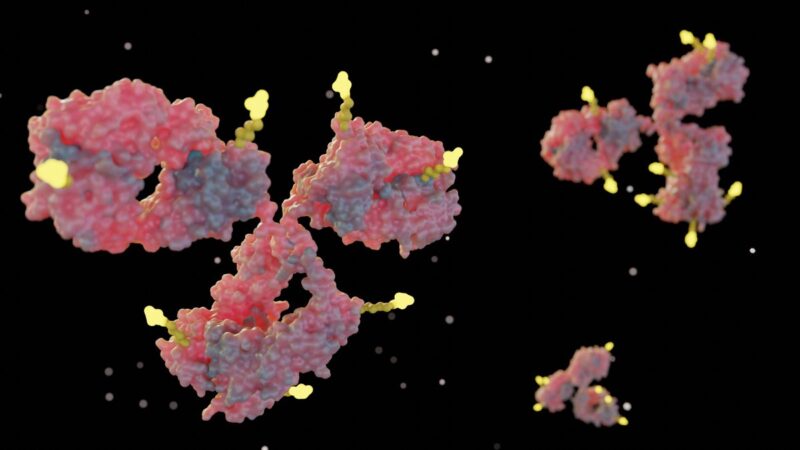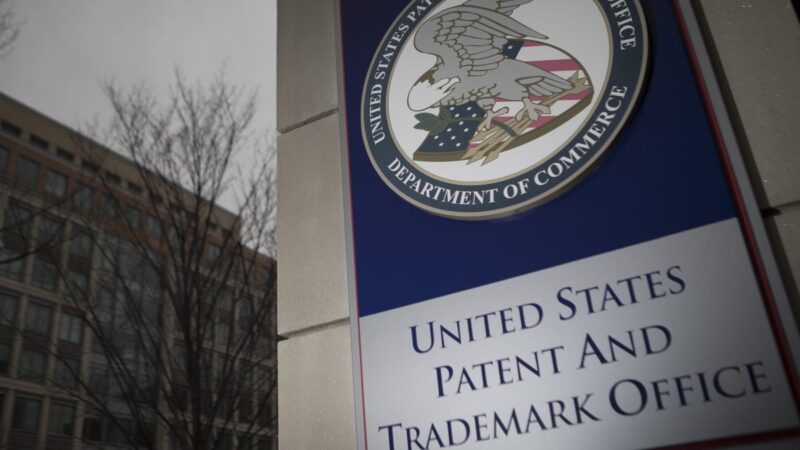Hon. Judge Paul Michel

Judge Michel served the Court of Appeals for the Federal Circuit, the nation’s patent court, for over 22 years before retiring as chief judge in 2010. Since then, Paul Michel has been active in efforts to revitalize the US patent system, including serving on the Boards of the Coalition for Innovation Promotion (C4IP), Inventors Defense Alliances, US Chamber of Commerce BASIC Initiative, and Intellectual Property Owners Association Education Foundation( IPOEF). He has written dozens of articles, testified before Congress, and spoken at innumerable conferences.
Earlier he was a Watergate Special Prosecutor, counsel to the Senate Intelligence Committee, Korea-gate Prosecutor, Associate US Deputy Attorney General,and chief of staff to Senator Arlen Specter (R,PA).
He is a graduate of Williams College and the University of Virginia Law School.


Explainer: Standard Essential Patents and National Security
